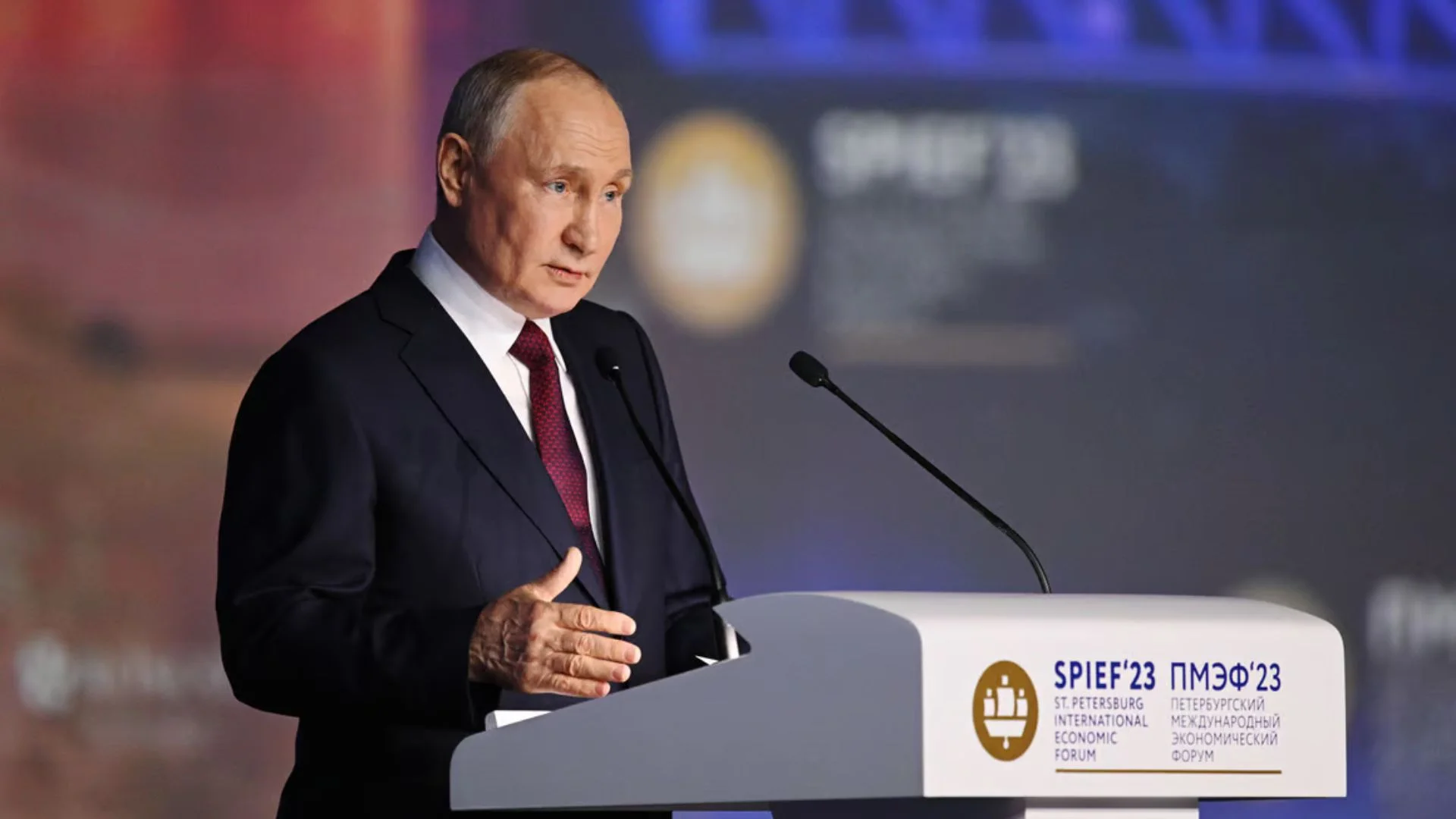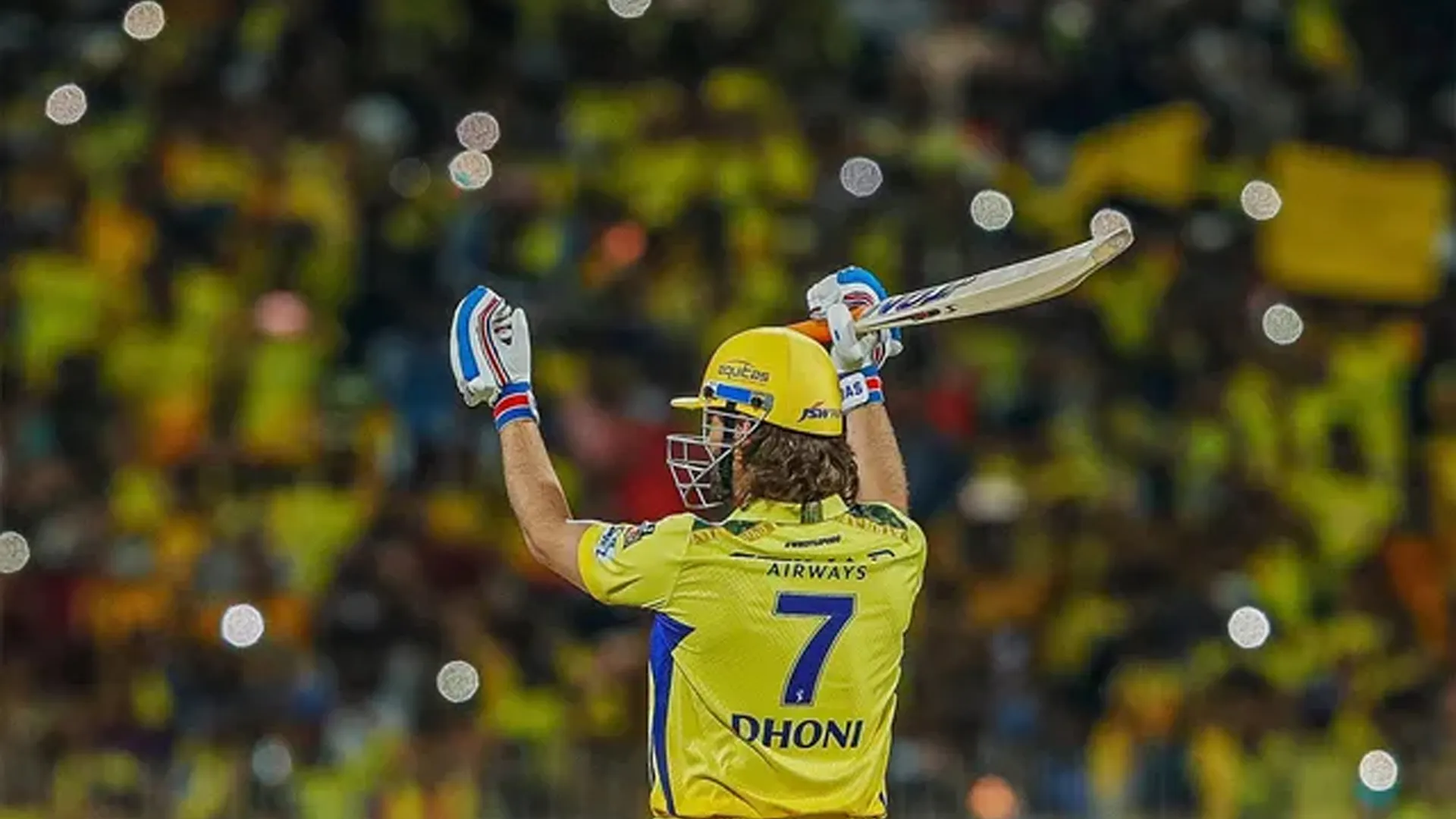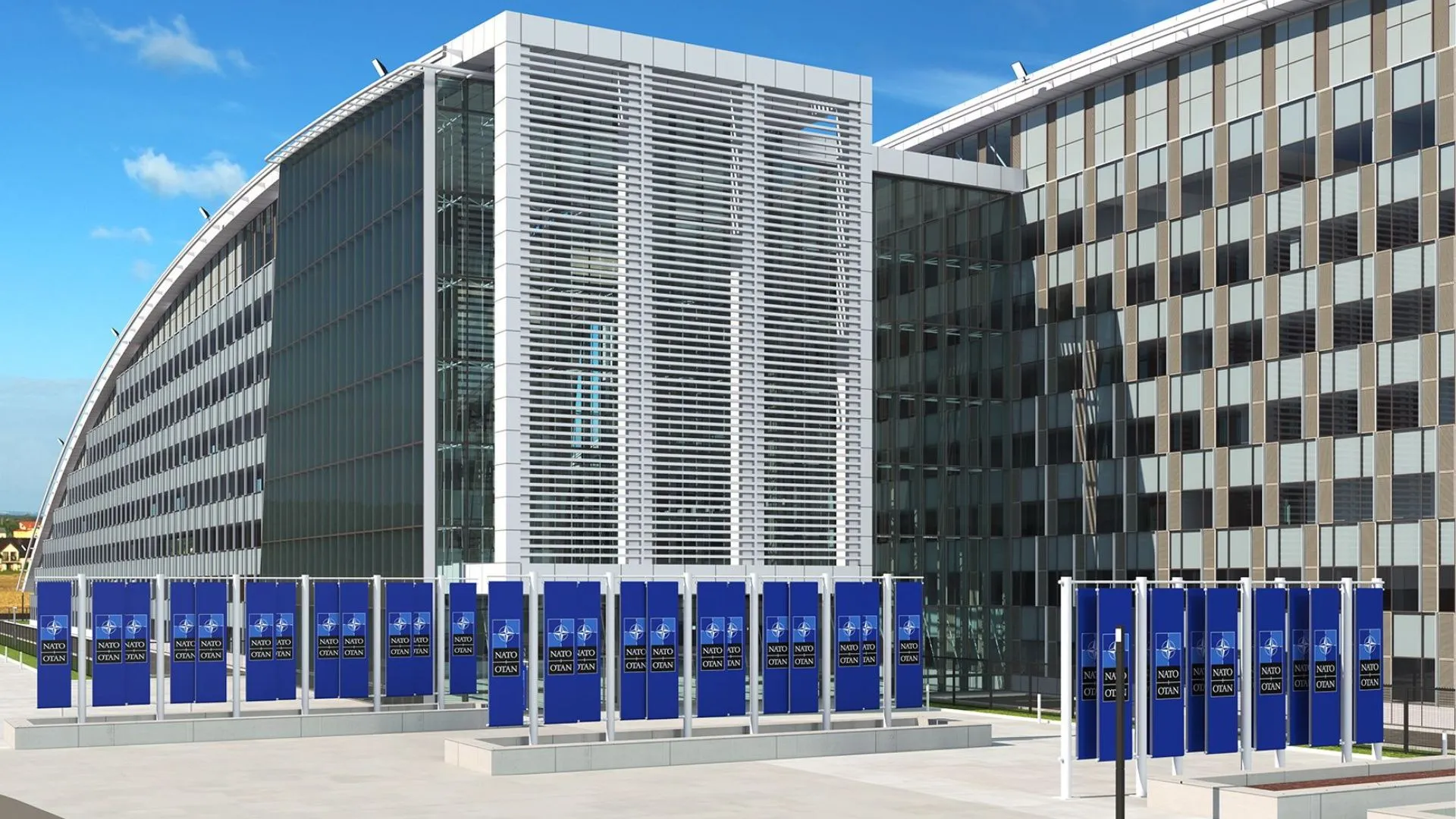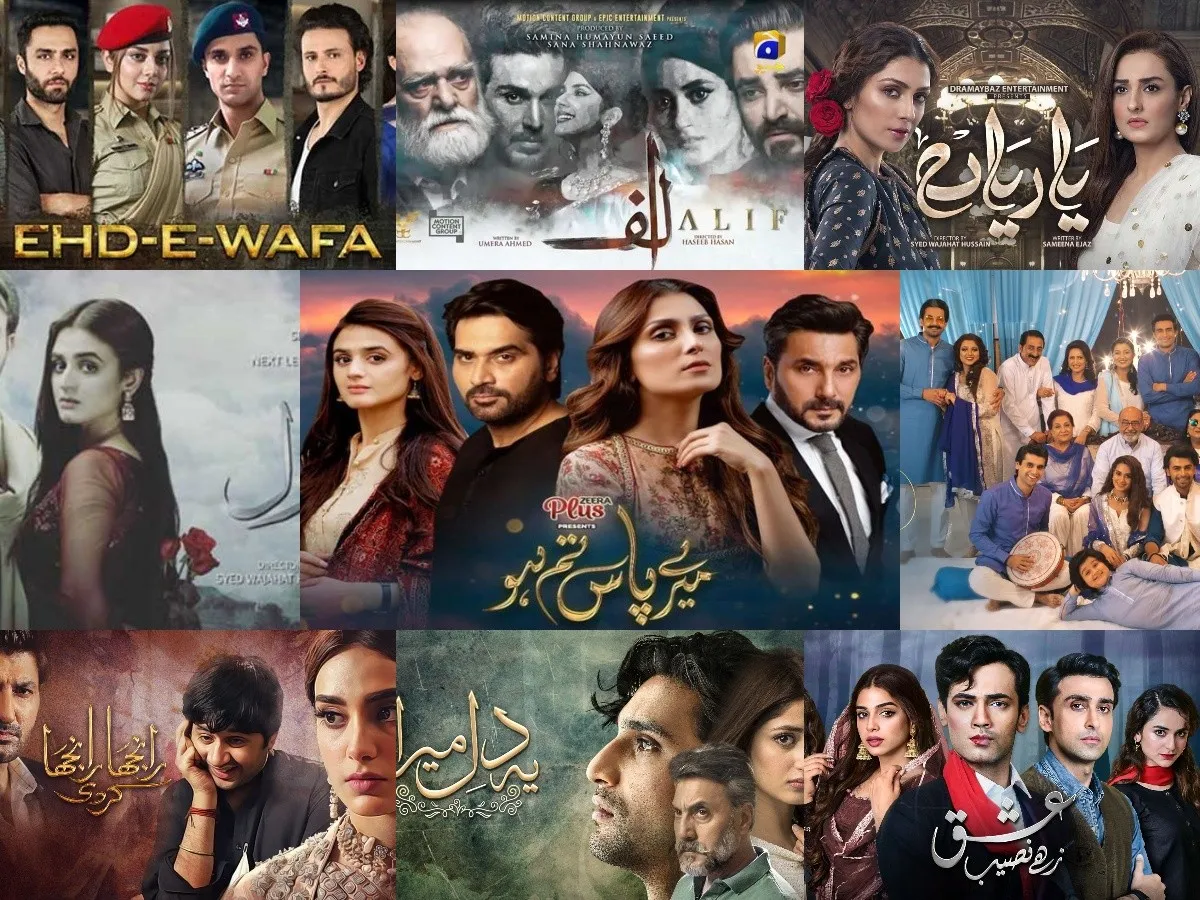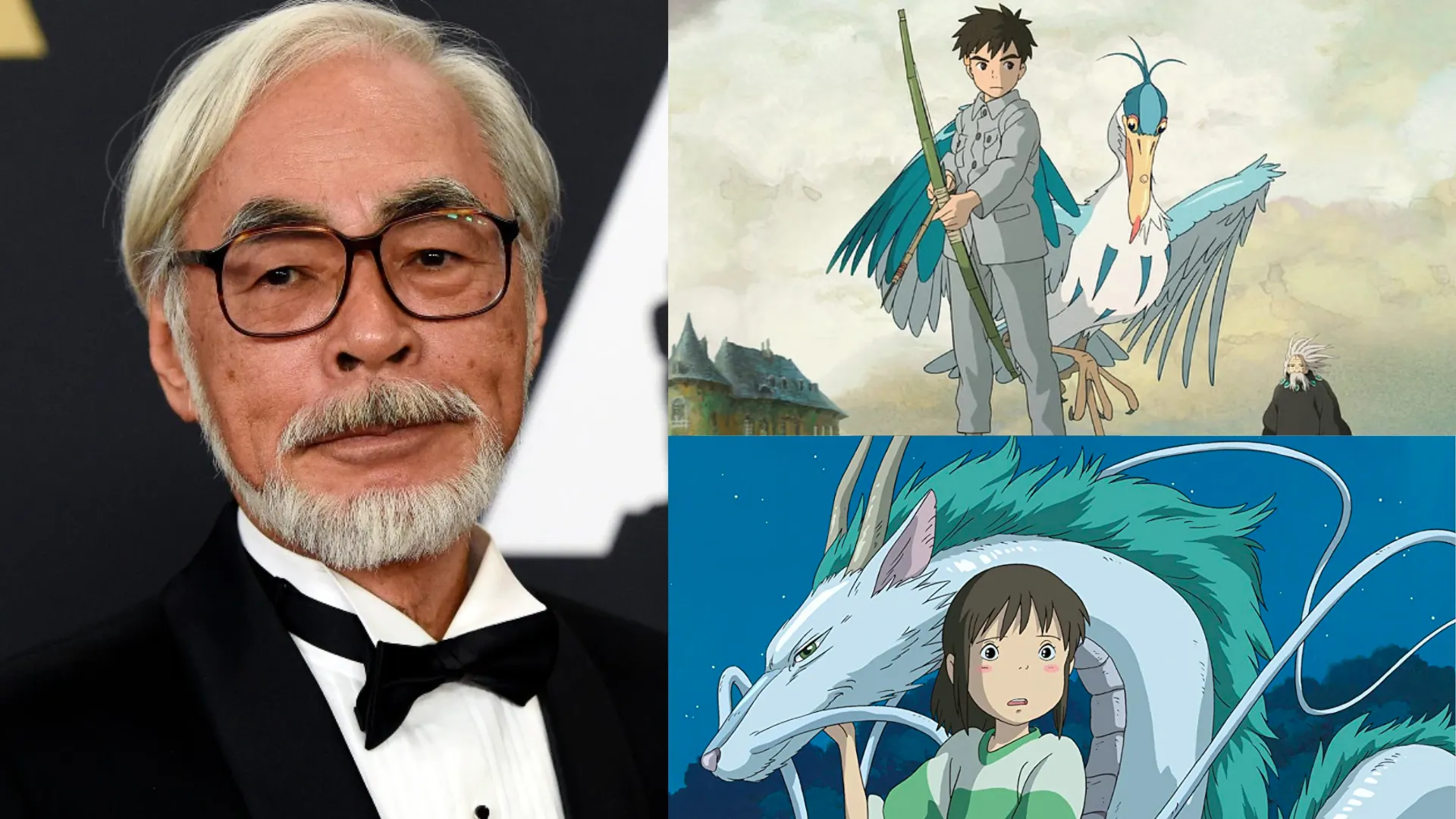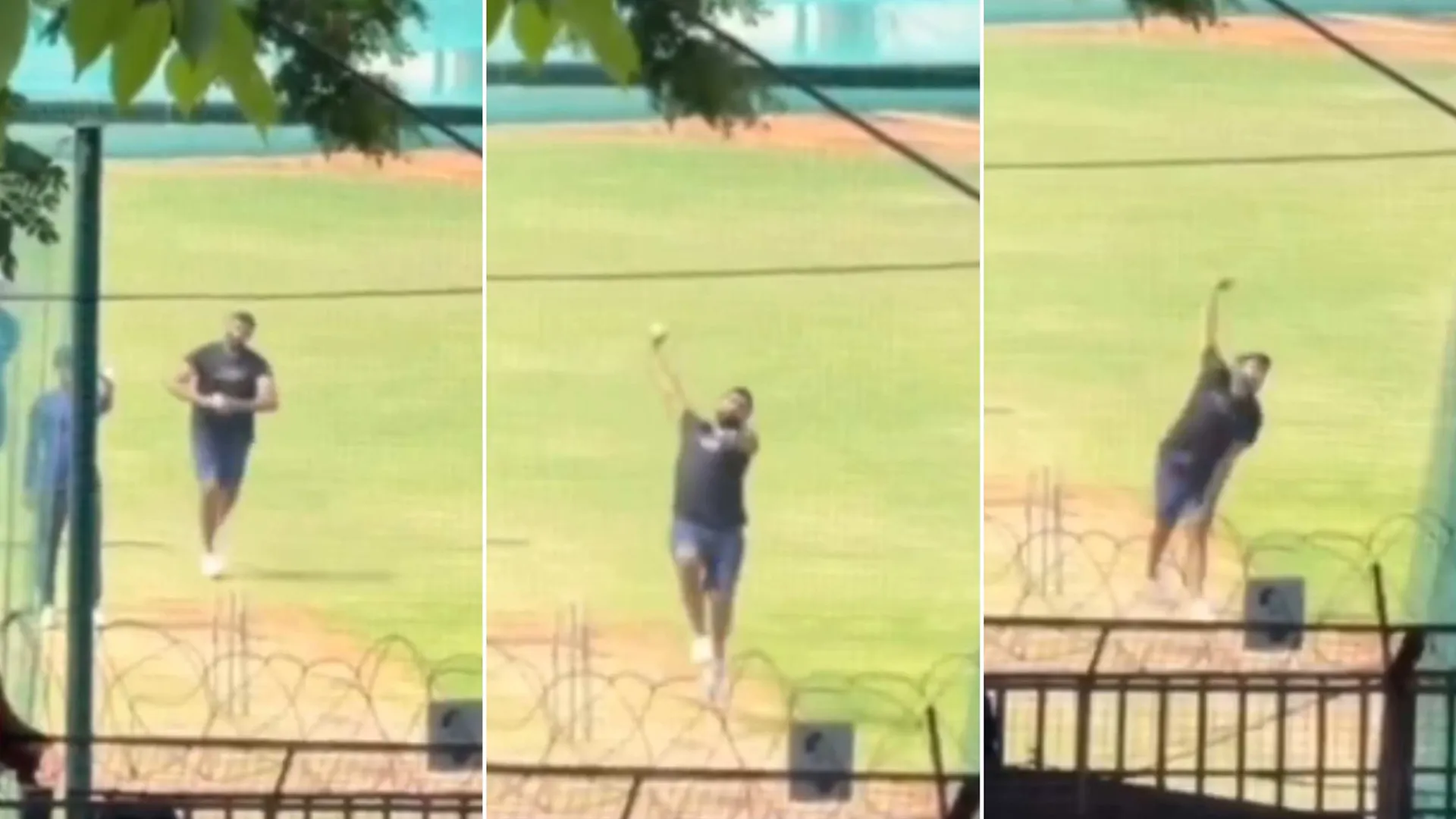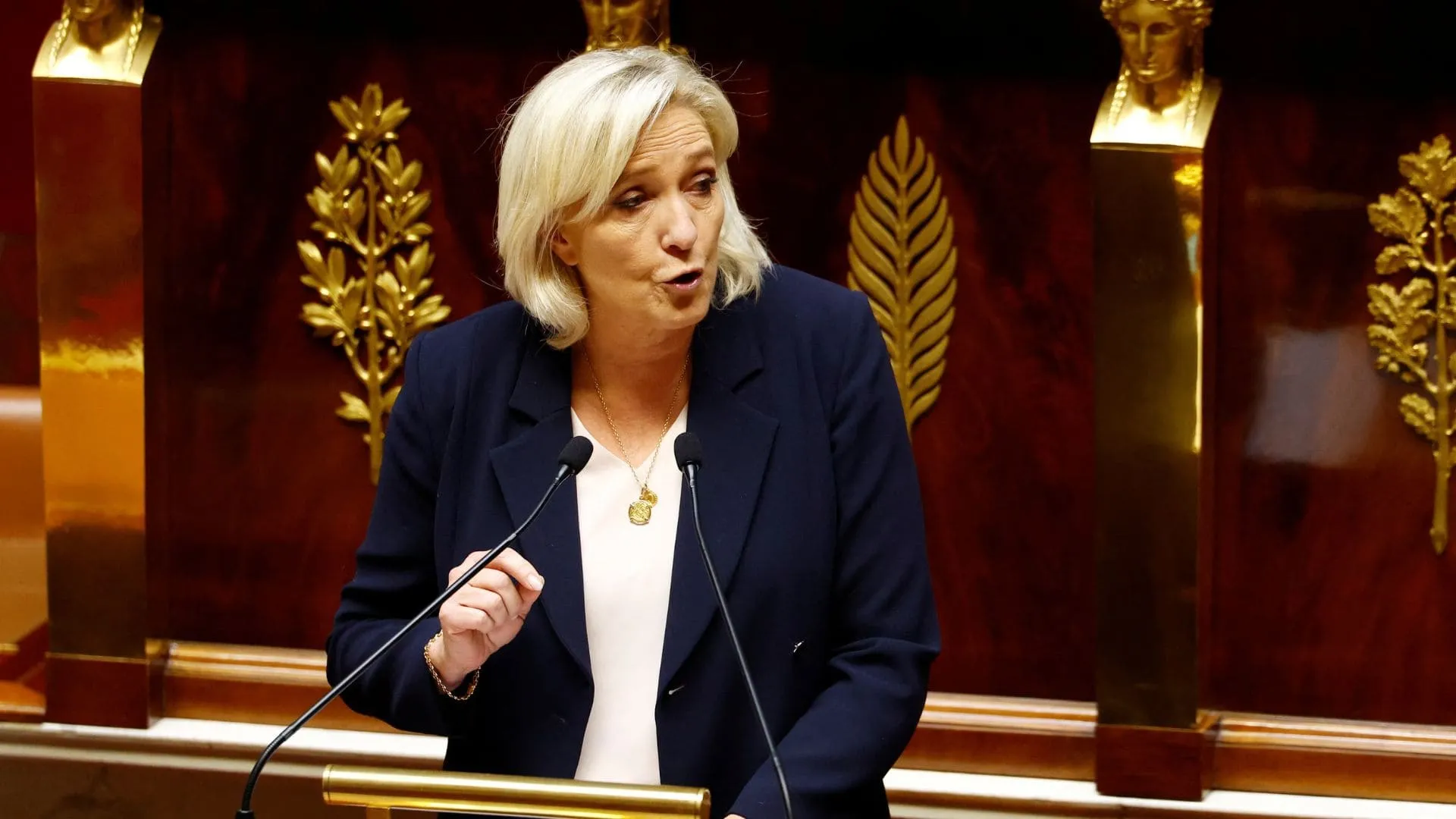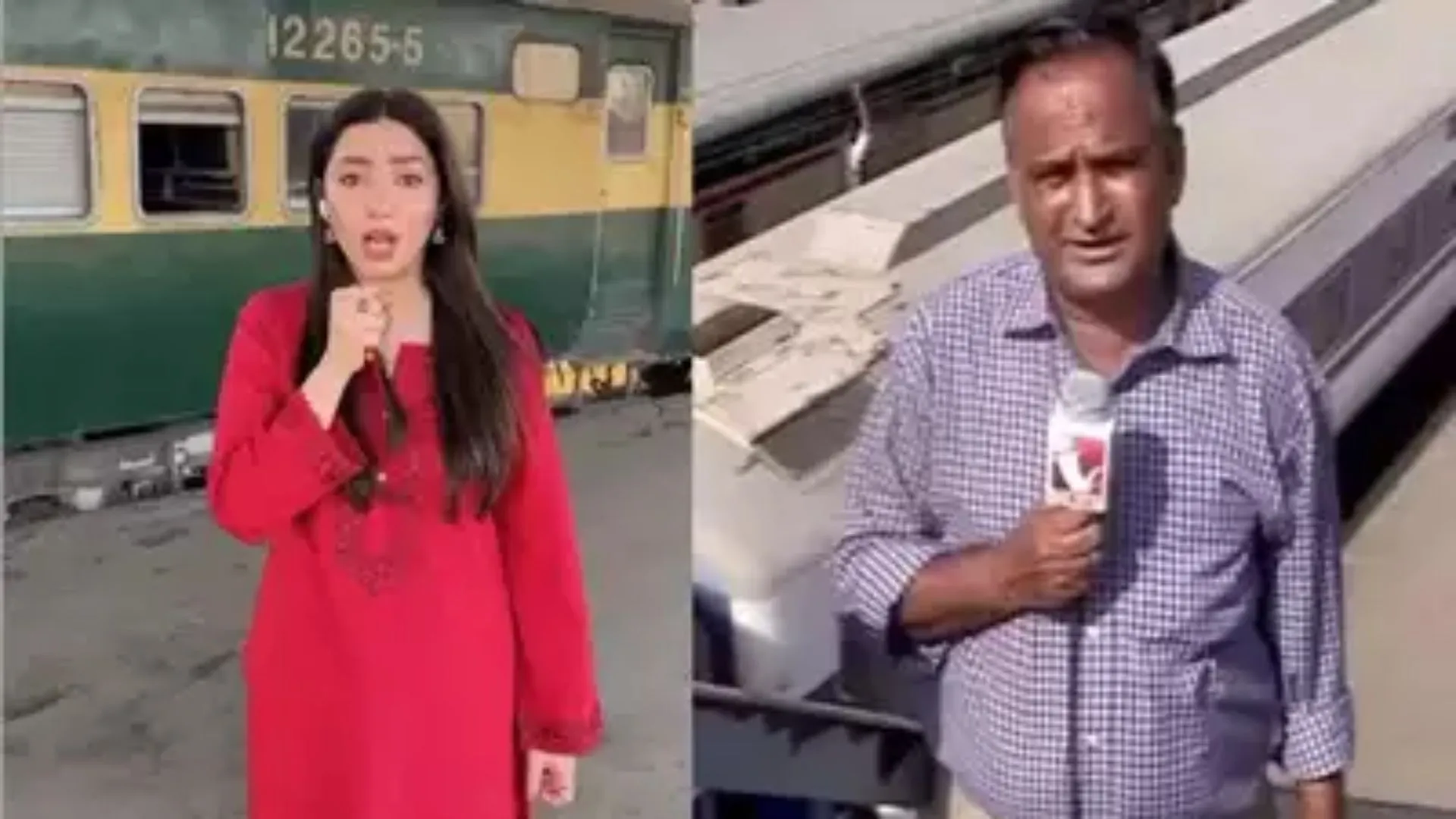Introduction: A Foregone Conclusion with Global Implications
Vladimir Putin is going to continue his presidency following the 2024 Russian election, further entrenching his leadership that started in 2000. With tight media control, opposition suppression, and highly orchestrated political management, there is little mystery about what will happen. But the question is not so much who is going to emerge victorious, but what this implies for Russia and the world particularly in the context of the Ukraine war, relations with the West, and the future of the country’s economy.
A Managed Election: An Illusion of Choice
While Russia conducts elections, its politics has no authentic competition:
- Leaded opposition players are in prison, in exile, or otherwise silenced.
- Putin’s message monopolizes the government-controlled media.
- Dissenters are cracked down on brutally, limiting public protest.
Putin, even with financial woes due to Western sanctions and a long, grinding war, remains highly supported by Russians perceiving him as a bulwark against pressure from the West.
Ukraine War: No Signs of De-Escalation
Putin’s re-election means a sustained hardline policy toward Ukraine. While some Western negotiators have proposed ceasefire negotiations, Putin made it unmistakably clear that:
- Russia will not leave occupied Ukrainian territory.
- The war effort will go on, with greater military mobilization if needed.
- Western support for Ukraine will be met with military and economic coercion.
Russia’s policy is to utilize energy exports, cyber attacks, and diplomacy to reduce Western will and ratchet up military actions wherever feasible.
Western Relations: Heavy Sanctions or a New Cold War?
The West has slammed Russia with crushing sanctions, yet Putin’s versatility has sustained the nation’s economy. His second term might witness:
- more clashes with NATO, with Sweden and Finland joining the fold.
- broadened sanctions against Russia’s last remaining avenues of trade.
- Greater hybrid war, such as cyberattacks, interference in elections, and disinformation campaigns.
Though diplomatic efforts remain improbable, certain European countries might seek limited talks to contain tensions.
Russia’s Global Strategy: Strengthening Relations with China, Iran, and BRICS
While its relations with the West worsen, Russia is redirecting its attention towards the east:
- China has emerged as an indispensable economic ally, assisting Russia in evading sanctions.
- Iran is providing military hardware, solidifying their strategic partnership.
- BRICS nations (India, South Africa, Brazil) are increasing economic partnerships, presenting a counterpoint to Western economies.
Putin wants to create a multipolar order with Russia no longer reliant on the West, through increased economic and military alliances outside of conventional Western spheres of influence.
Challenges at Home: War Fatigue and Financial Pressure
As solid as Putin’s grip is over Russia, there are mounting issues at home:
- Economic strain as a result of extensive sanctions and warfare expenditures.
- Military exhaustion, with more Russians being drafted as casualties mount.
- Increased exodus of qualified specialists, diluting Russia’s future talent pool.
While Putin’s regime crushes opposition, domestic pressure may build, particularly if the war stagnates with no end in sight.
Conclusion: A Stronger Putin, A More Divided World
Putin’s second term solidifies his grip on Russia but also guarantees sustained conflict with the West, longer conflict in Ukraine, and closer alignment with China and other non-Western nations.
The international order is being reordered, and with Putin’s Russia committed to disrupting Western hegemony, the world needs to be ready for a more complicated and possibly explosive geopolitical future in the next few years.

